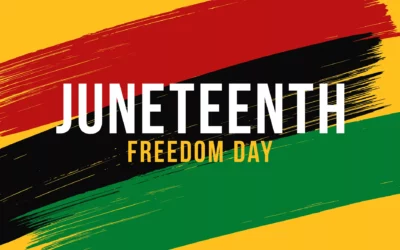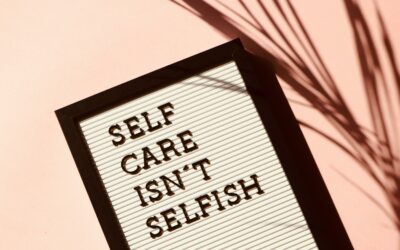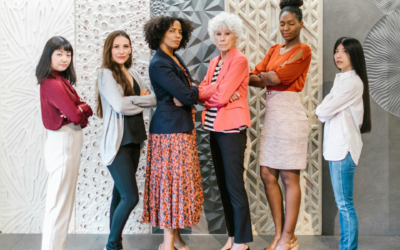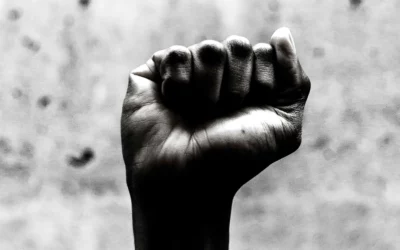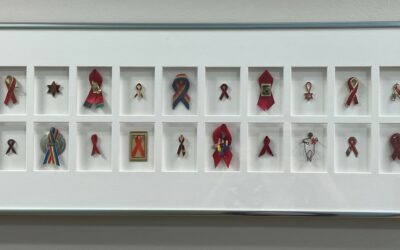Research has revealed alarming statistics regarding the increased risk of homelessness among individuals in the lesbian, gay, bisexual, transgender, and questioning (LGBTQ+) community. The findings indicate that LGBTQ+ individuals have a staggering 120% higher risk of experiencing homelessness compared to their non-LGBTQ+ counterparts. A particularly distressing revelation is that approximately 40% of the 4.2 million youth experiencing homelessness identify as LGBTQ+, despite LGBTQ+ individuals comprising only 9.5% of the U.S. population. These statistics highlight the disproportionate levels of homelessness experienced by LGBTQ+ youth in comparison to their straight and cisgender peers. Moreover, LGBTQ+ individuals experiencing homelessness are at a heightened risk of experiencing assault, trauma, depression, and suicide, further compounding the challenges they face. The situation is even more dire for Black and Indigenous People of Color (BIPOC) within the LGBTQ+ community, who confront additional hardships stemming from racial inequities and discrimination.
The numbers paint a stark reality – LGBTQ+ individuals are disproportionately affected by homelessness, and it is imperative to address this pressing issue. This calls for intensified support and advocacy to provide avenues of assistance, inclusivity, and understanding.
Here are some Community Partners & Resources organizations in Kansas City that offer support to LGBTQ+ individuals dealing with homelessness:
Health & Wellness
- KC CARE Health Center
- Vivent Health
- Planned Parenthood – Midtown Health Center
- Swope Health
- Rediscover Mental Health
- Good Samaritan Project
Housing & Shelter
Community Events
These organizations provide valuable resources, support, and assistance to LGBTQ+ individuals facing homelessness. By advocating for and contributing to these organizations, we can make a meaningful difference in the lives of LGBTQ+ individuals who have been disproportionately affected by homelessness. Together, by acknowledging these issues and offering support, we can strive to create a more inclusive and compassionate community.
It is our collective responsibility to ensure that every individual, regardless of their gender identity or sexual orientation, has access to safe and stable housing.

